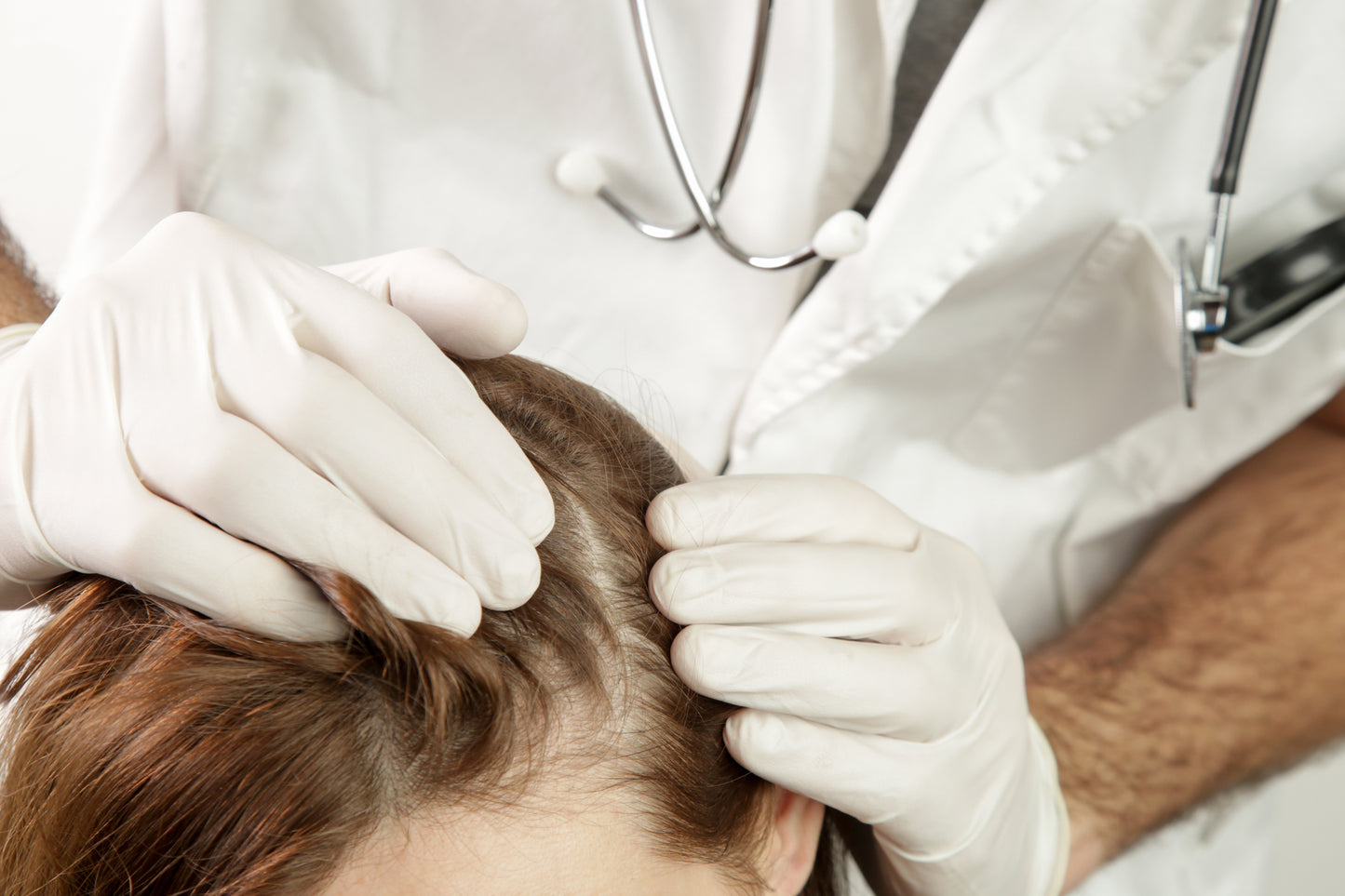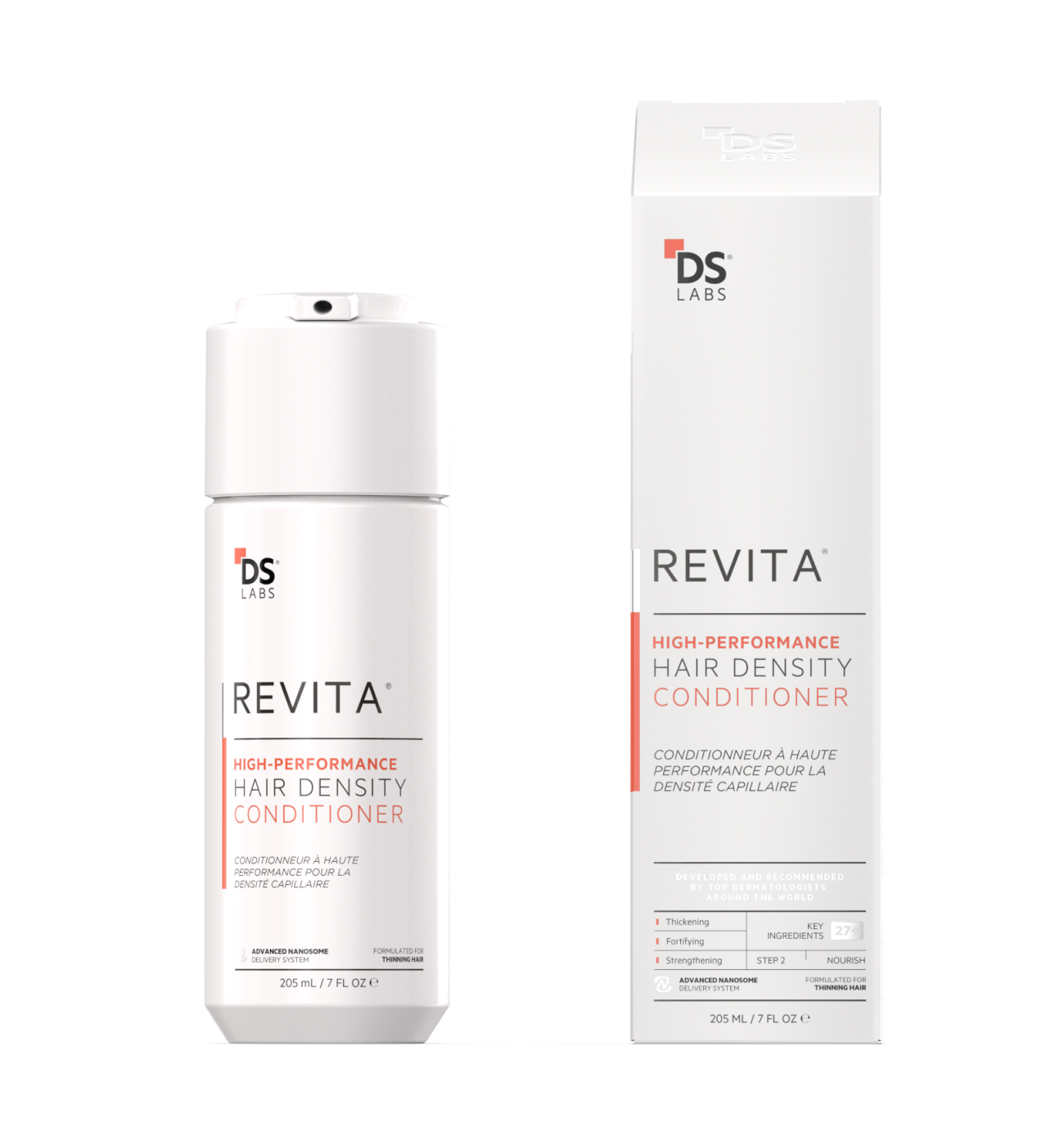If you’re struggling with an eating disorder, you may not be thinking about the effects it could be having on your hair and skin. But the truth is, eating disorders can cause a wide range of problems for both.
Hair loss is a common side effect of eating disorders, mainly due to the lack of nutrients in the body. The behavior related to these disorders, such as self-induced vomiting, reduced food intake, over-exercising, and starvation, could affect hair growth.
The hair structure becomes weaker due to malnutrition while hair loss can be diffused or focal. Diffuse means it’s spread evenly across the scalp while focal means it’s concentrated in one area.
Here are some of the most common eating disorders and how they affect the hair.
What Eating Disorders Cause Hair Loss?
Anorexia Nervosa
Anorexia nervosa is a mental disorder where someone loses weight because they’re afraid of gaining weight. Two types of anorexia nervosa exist — the restricting type and the purging or binge eating type.
The restricting type occurs when people restrict food intake and purge after they eat. Binge-eating/purging occurs when people eat until they feel uncomfortably full and then purge themselves by vomiting or using laxatives.
This eating disorder can cause your hair to become thin and break easily. Those suffering from it often exhibit dry skin and an unhealthy pallor.
Bulimia Nervosa
Bulimia nervosa is a mental illness where someone eats excessively and feels guilty afterward. People who have bulimia often overeat and then avoid gaining weight by employing various methods such as vomiting or purging and taking diuretics.
Bulimia nervosa can cause acne breakouts due to the repeated purging of toxins from the body along with hair thinning and shedding. A binge eating disorder can also cause obesity which can lead to stretch marks and other skin problems.
How Eating Disorders Lead to Hair Loss
Malnutrition
Hair loss can be caused by different factors, but one of the most common is malnutrition. When the body isn’t getting the nutrients it needs, it can start to shut down non-essential functions like hair growth.
There are a few different ways that malnutrition can lead to hair loss. First, if you’re not getting enough calories or protein, your body will start to break down muscle tissue for energy. This includes the muscles in your scalp, which can lead to hair loss.
Second, certain vitamins and minerals are essential for healthy hair growth. If you’re not getting enough of these nutrients, it can lead to thinning hair or even complete hair loss. Some of the most important nutrients for healthy hair include iron, zinc, and vitamin B12.
Stress
Stress can also cause hair loss by affecting the way your body metabolizes nutrients. When you’re constantly under stress, your body goes into “survival mode” and starts to hoard nutrients instead of using them for things like hair growth.
Those with eating disorders often experience mental stress and induce physical stress on their bodies by over-exercising. Exercise is essential for maintaining good health, but too much can put stress on the body.
When the body is under stress, it produces a hormone called cortisol which can interfere with the production of new hair. High cortisol levels can affect the growth of your hair.
In addition to exercise, other forms of stress can also cause hair loss. Most people with eating disorders experience mental stress which leads them to continue the behaviors associated with their disorders.
How You Can Deal with Hair Loss Due to Eating Disorders
The best way to handle hair loss when you have an eating disorder is to manage the eating disorder first. Often, those with these disorders also suffer from depression and anxiety so meeting a physician or mental health therapist is the best way to resolve it.
Eating disorders are serious mental illnesses that require professional treatment. If left untreated, they can lead to serious health problems, of which hair loss and skin problems are only the initial signs.
Can Hair Grow Back After Recovering From an Eating Disorder?
The good news is that most people who recover from an eating disorder experience hair regrowth when they go back to a balanced and healthy diet. Of course, genetics and medical history will affect the hair’s structure and recovery, but overall, most people who fully recover from an eating disorder can have a healthy head of hair again.
Do You Need Special Hair Care Treatments When You Have an Eating Disorder?
Often, the best hair treatment for hair loss due to an eating disorder is proper nutrition. Once the body receives the nutrients it needs, hair will grow back healthy and thick.
You can also use special serums and hair treatments to make growing hair thicker and healthier. These will help your skin and body recover more quickly from the physical and mental stress of the disorder.
With proper therapy and treatment, anyone with an eating disorder can overcome their illness. It can take time, but recovery is possible. If you’re concerned about malnutrition and hair loss, talk to your doctor or a Registered Dietitian Nutritionist (RDN). They can help you assess your diet and make sure you’re getting all the nutrients you need for optimal health and a healthy head of hair.













